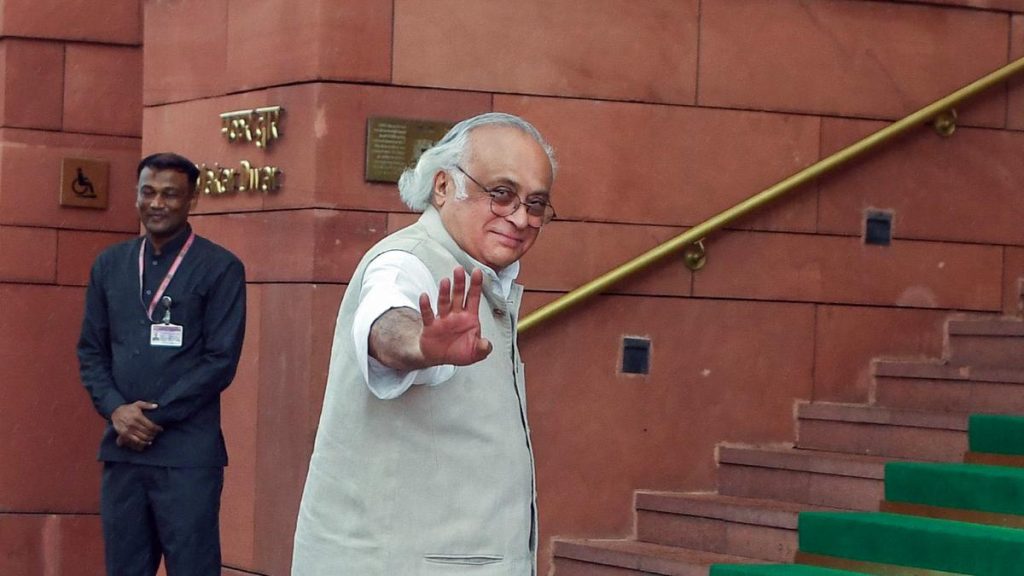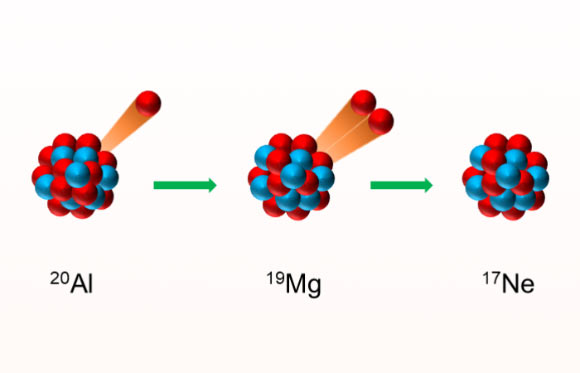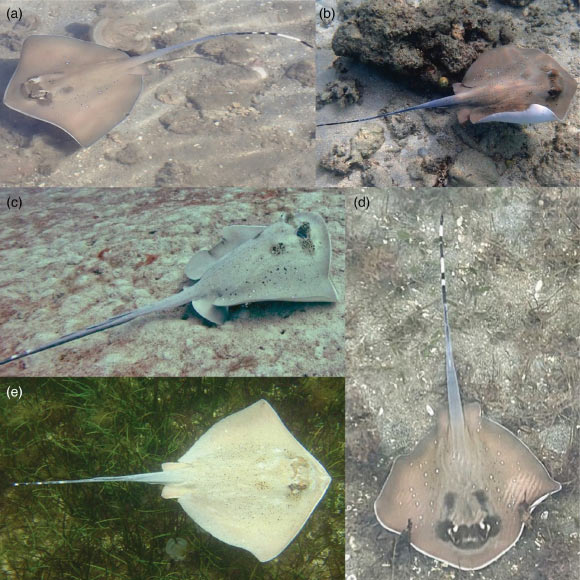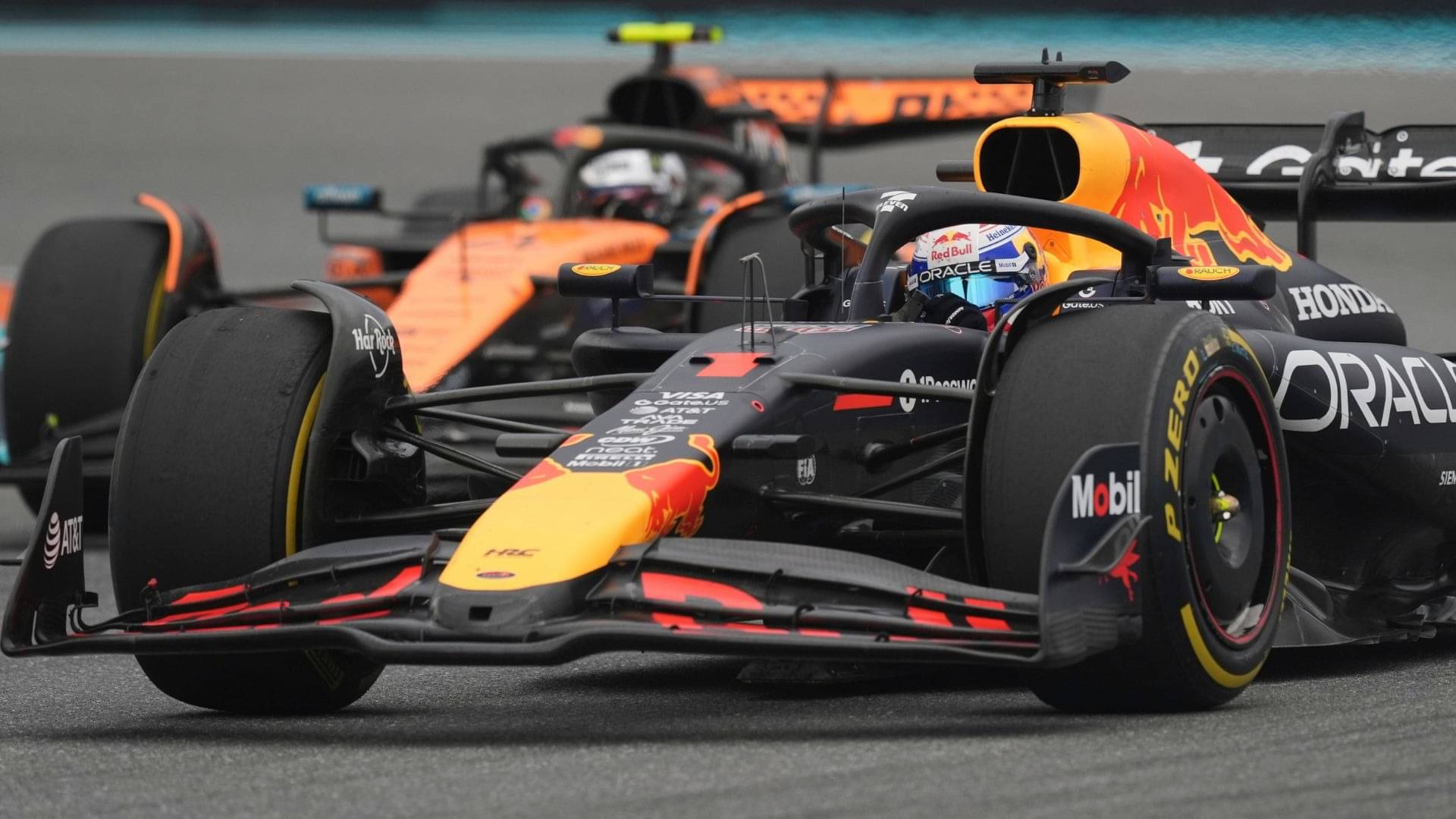Now Reading: 10 Unusual Products That Were Quickly Pulled from Market
-
01
10 Unusual Products That Were Quickly Pulled from Market
10 Unusual Products That Were Quickly Pulled from Market

Quick Summary
- Google Glass: Introduced in 2013 as advanced wearable tech but faced societal backlash for privacy concerns and lack of visible recording indicators. Discontinued by 2015.
- Colgate kitchen Entrees: Attempt by Colgate in the 1960s to launch frozen dinners failed due to packaging confusion that linked hygiene branding with food products.
- Pepsi A.M.: Launched in 1989, Pepsi’s morning cola with extra caffeine failed as consumers rejected drinking soda for breakfast.
- Cheetos Lip Balm: Released in 2005, a cheddar-flavored cosmetic product was quickly mocked and discontinued due to poor reception and unpleasant design.
- Samsung Galaxy note 7: Released in August 2016,the smartphone faced a global recall after reports of its batteries catching fire,costing Samsung billions.
- Rejuvenique Face Mask: Early-2000s electric anti-aging mask drew complaints due to painful shocks and questionable safety claims, leading to swift withdrawal from the market.
- Crystal Pepsi: Clear cola launched by Pepsi in the early ’90s confused consumers with misaligned marketing; heavily hyped but pulled within months after failing sales tests.
- Microsoft Zune Phone App: Integrated into Windows phones but crippled devices due to coding errors upon leap year dates or syncing playlists; quickly disabled post-launch.
- BIC for her Pens: Gender-targeted pastel pens launched in 2012 were widely mocked online for their tone-deaf marketing approach and pulled shortly afterward without apology.
- Woof Washer 360: Pet-cleaning hoop released in 2016 failed as dogs reacted poorly or showed distress during use. The device saw high return rates before its removal.
Indian Opinion Analysis
Each failure demonstrates critical lessons on product development and consumer behavior. For India, which has an increasingly competitive market spanning technology advancements to unique consumer goods launches, the cautionary tales point toward ensuring proper market research before introducing innovations that may falter under practical scrutiny or cultural norms.
Especially meaningful are cases like Google Glass or Samsung Galaxy Note 7-highlighting how cutting-edge technology can backfire without adequate consideration of ethical concerns (privacy) or rigorous testing (battery safety). similarly, pepsi A.M.’s rejection underscores ingrained habits’ resistance during consumption pattern shifts-a factor relevant for India’s conventional food culture when adapting global concepts like functional foods.
India’s growing entrepreneurial ecosystem can benefit from learning how poorly calibrated branding (like Colgate Kitchen Entrees) risks brand dilution despite leveraging existing trust factors.Additionally quirky novelty products such as Cheetos Lip Balm offer insights into balancing creativity without alienating practicality-a balance particularly vital when catering diverse indian demographics valuing both utility over gimmicks.
Overall this suggests market success depends not solely upon innovation itself but aligning it meaningfully with societal expectations while avoiding branding moves out-of-sync logically sensory associations unique retail positioning frequently enough sensitive aspects public opinion/current humor trends amongst communities globally linked!


























